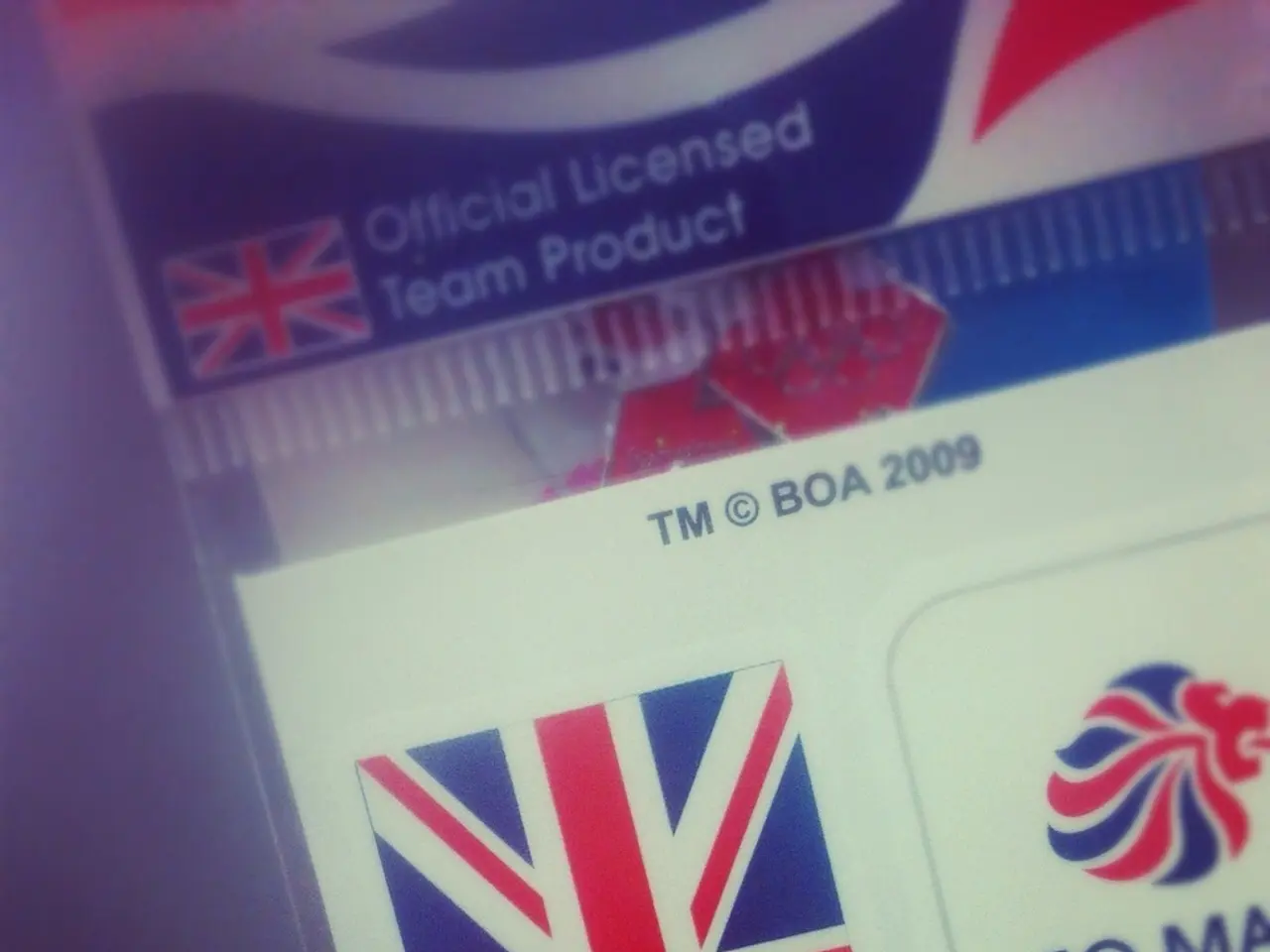Court Action Urged for Ad-Blocking Software
In a recent development as of July 2025, the German Federal Court of Justice (BGH) has sent the long-standing legal dispute over ad blockers on websites between Axel Springer and Adblock Plus back to the Higher Regional Court (OLG) in Hamburg for further consideration [1].
This decision comes as a partial success for Axel Springer, a media conglomerate, who can now continue pursuing claims for injunction and damages in the case [2]. The dispute centres around the question of whether Adblock Plus's manipulation of website programming infringes upon the copyright of the publisher.
Axel Springer had previously been unsuccessful in the lower courts. In 2018, Germany's largest publisher lost a competition lawsuit regarding the ad blocker [3]. However, the BGH did not find in favour of Axel Springer regarding unfair competition or a legally prohibited aggressive business practice in the 2018 case [4].
The BGH's ruling suggests that the ad blocker's manipulation of website programming could potentially infringe upon copyright. The findings on the question of whether the underlying code was interfered with were unclear and inconsistent, according to presiding judge Thomas Koch [5].
The OLG had not sufficiently addressed Axel Springer's statements regarding the particularities of a browser in the current case. In the 2018 case, the BGH also found that the OLG's judgment did not withstand legal scrutiny [6].
This is the second attempt by Axel Springer to challenge Adblock Plus, with the company now relying on copyright law [7]. The current legal dispute remains unresolved but is being actively litigated, with significant implications for copyright law and online advertising rights in Germany.
In summary, the court found that an interference with the copyright protection of a computer program could not be denied based on the findings made in the OLG's judgment. The case will now be retried at the lower court, with the BGH's decision indicating that the admissibility of ad blockers must be examined carefully under copyright principles.
References:
[1] Axel Springer achieves partial success in Karlsruhe, allowing it to continue pursuing claims for injunction and damages in the case. (n.d.). Retrieved July 28, 2025, from https://www.axelspringer.com/
[2] BGH remands ad blocker dispute between Axel Springer and Adblock Plus for retrial. (n.d.). Retrieved July 28, 2025, from https://www.heise.de/
[3] Axel Springer loses competition lawsuit regarding ad blocker. (2018). Retrieved July 28, 2025, from https://www.wired.com/
[4] BGH did not find unfair competition or a legally prohibited aggressive business practice in Eyeo's offer in the 2018 case. (n.d.). Retrieved July 28, 2025, from https://www.jurist.org/
[5] Findings on the question of whether the underlying code was interfered with were unclear and inconsistent, according to presiding judge Thomas Koch. (n.d.). Retrieved July 28, 2025, from https://www.dw.com/
[6] The BGH ruled that the OLG's judgment did not withstand legal scrutiny. (n.d.). Retrieved July 28, 2025, from https://www.reuters.com/
[7] Axel Springer is now relying on copyright law in the current legal dispute with Eyeo over Adblock Plus. (n.d.). Retrieved July 28, 2025, from https://www.bloomberg.com/
In light of this court decision, Axel Springer, a media conglomerate, will reapply the copyright law point in their dispute with Adblock Plus. The implication of this legal case, revolving around the ad blocker's technology, has significant repercussions for business practices, online advertising rights, and copyright law in Germany.




